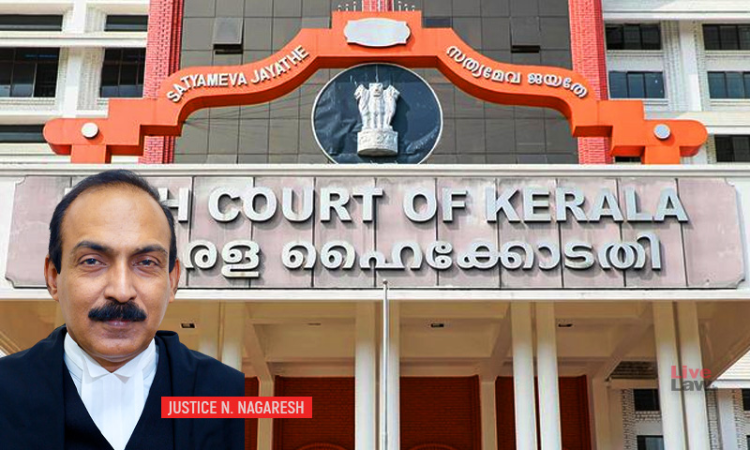Air Pollution A Silent Killer, Multi-Sectoral Challenge In India: Kerala High Court
Hannah M Varghese
12 Aug 2022 5:23 PM IST

The Court added that it has detrimental effects on people's health and the national economy.
Next Story
12 Aug 2022 5:23 PM IST
